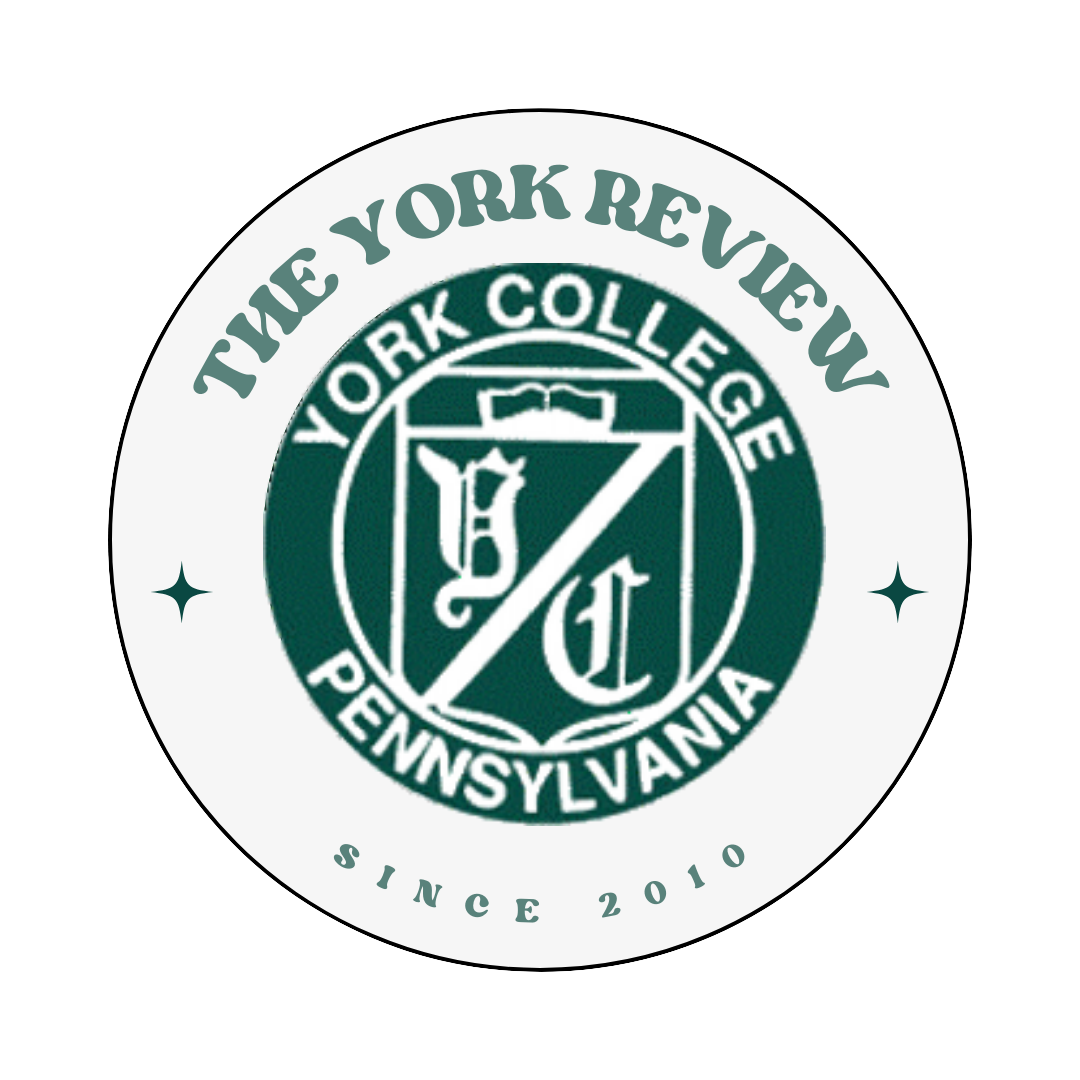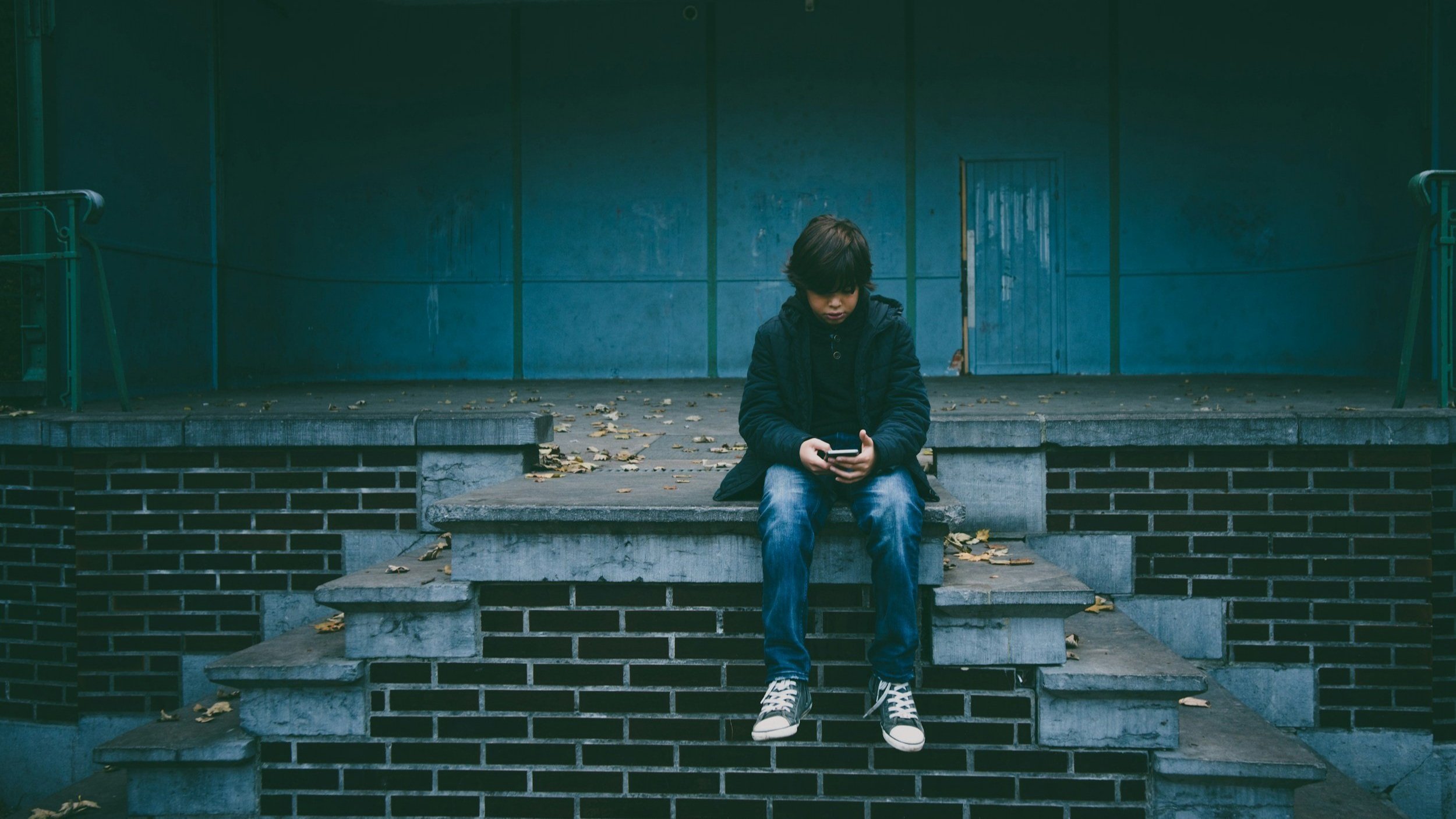My Parasocial Relationships: Loves, Losses, and Realizations
I was a self-identified fandom nerd in middle school—and high school, who are we kidding? My interests ranged from Ouran High School Host Club to Stranger Things, from BTS to 5 Seconds of Summer, from Disney movies to Wes Anderson movies… to say I was a geek is an understatement.
There are issues that arise when being a fandom geek: the number one problem being parasocial relationships. The word “parasocial”, according to Urban Dictionary, is “a buzz word being used to refer to creators and influencers due to the huge amount of the influencer’s content they consume.” The definition goes on to say the influencer in question “is unaware of the fan’s existence other than the general knowledge of having fans.” I. E., a celebrity knows they have fans, and they know people know who they are, but until someone outright walks up to them and says, “I’m your biggest fan!” that celebrity will not know they exist.
This is not something new; people have been experiencing parasocial relationships for years, decades, maybe even centuries. I wouldn’t be surprised if there was some fan girl in late 1700s Austria who was fawning over every single piece of Mozart music that existed.
In any case—parasocial relationships are not a thing of the present. They existed before there was a word for it. I was a prime example of these relationships.
I can first remember how I felt connected to characters when I joined Tumblr in 2014. I was coming in right when the website was becoming an iconic forum for everyone of every fandom to post. I was a big Gravity Falls fan—I still have earrings with bedazzled Mabel faces—and I found a huge network of individuals who also loved Alex Hirsch’s work.
A couple of things to remember here: the first being that I was about thirteen years old when I joined Tumblr, so I was just goofing around and didn’t know how to even work the website, let alone post. The second, however, was the fact that there were people much older than me who had been on the blogging site much longer than I had. While I was writing self-insert Gravity Falls fanfiction (literally just me hanging out with the Pines twins) (and Wendy because I had a crush on her) (even if I didn’t realize it was a crush at the time), there were grown adults turning the Pines twins into teenagers so they could write them into situations that no child should be involved in.
But it goes further than that. Because of my involvement with fandoms on Tumblr, my interest in fanfiction grew and I ended up spending a lot of time on a nonspecific website where I actually ended up earning a decent number of followers. But I just contributed to the dumpster fire—I ended up writing pieces where I took literal teenagers, from Harry Potter to Hunger Games to Free!, and put them in adult situations. I didn’t know any better, of course; I was only fourteen. I didn’t know that the fetishization of teenagers was so widespread and harmful. Regardless of whether or not the actors or voice actors or whoever are teenagers themselves, the idea of making a character older in order to portray them having sex or doing drugs is just… weird.
But this also applies to those who write fanfiction about real people. I stopped getting into more fandoms and got more into music fanbases in high school, where people would write fanfiction about meeting their favorite celebrity and falling in love with them. Unfortunately, that’s the same thing as writing fanfiction about fictional characters. Depicting idols and celebrities in new situations is just odd, especially when the situations involve falling in love with fans. I don’t think an influx of Y/N fanfiction helped with this “they-noticed-me-at-a-concert-OMG” mindset a lot of people, especially young people, have nowadays.
Take me for example: I was convinced that the bassist of my favorite band, COIN, was locking eyes with me for the entire duration of the concert I went to in 2022. Then, I walked out of the venue and realized that, wait a second, no he was not locking eyes with me. It was the energy of the concert that fueled my delusions, that made me forget about the outstanding circumstances surrounding the events of the concert. No wonder everyone was writing self-insert fanfiction in the mid-2010s; that feeling gave me a rush.
It wasn’t until I was in my later high school years that I realized how much I idolized famous people. I still do, to a certain extent. But when I was younger, I thought their word was golden. I took advice and facts from celebrities rather than news sources. I’m not the only one to do this; everyone hears a story from a friend of a friend of a friend’s cousin’s great-uncle once removed, and it just so happens that humans like to hear their news stories as word of mouth. However, once people start to worship what someone says, that’s where the issue arises.
I’ve learned that celebrities are just people. This may seem shocking to some people, but it’s true. Famous people are people who happen to take up a lot of space in the world. When famous people do things that are considered, shall we say, disreputable, people wonder what led them to do these things—you hear it a lot in the media, “How could someone do something like that?”—but the truth is, anyone is capable of immoral or unconscionable actions, even if they think they’re doing the right thing.
Me? I find myself putting my needs first in a lot of situations. It feels selfish, and yes, even immoral to not think about others. I spent a lot of time thinking about what other people thought of me in my life, and I’m all done worrying about it now. I have begun to stop caring about what celebrities buy or do or say. Even when they buy or do or say the wrong thing, I’ve begun to not care. Mainly because I have more important things to worry about… but also because what do I care what a washed-up singer who reminisces on the past too much does on a daily basis?

